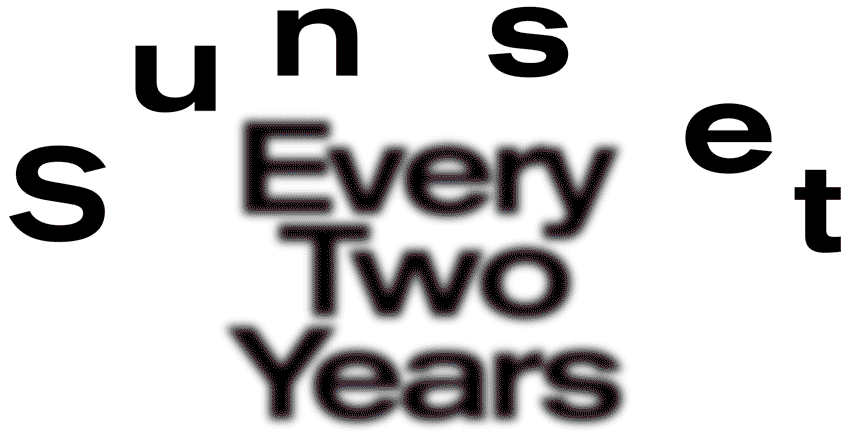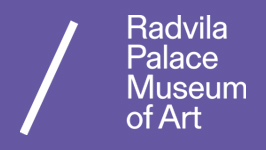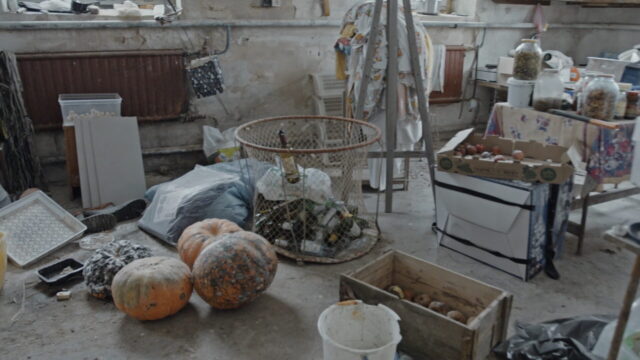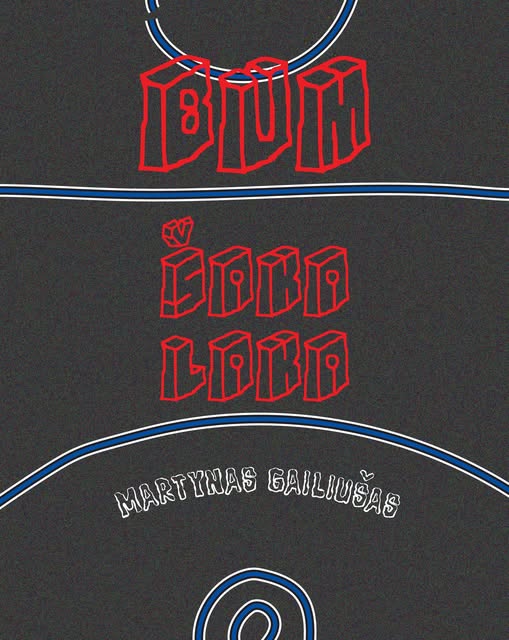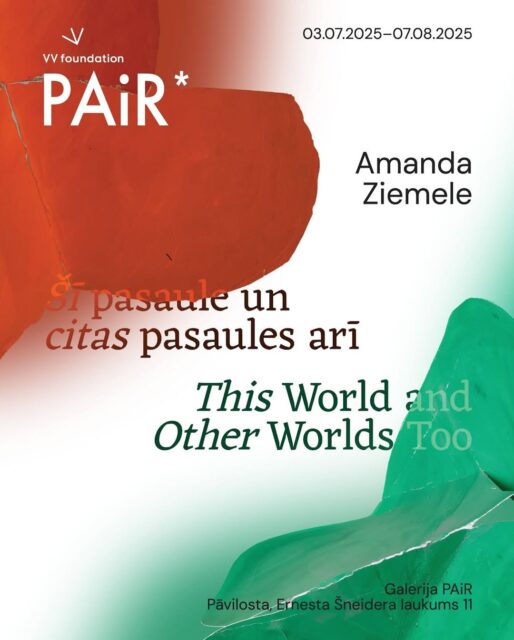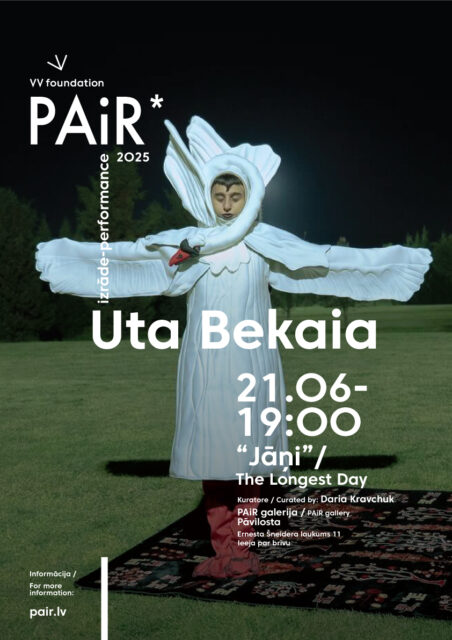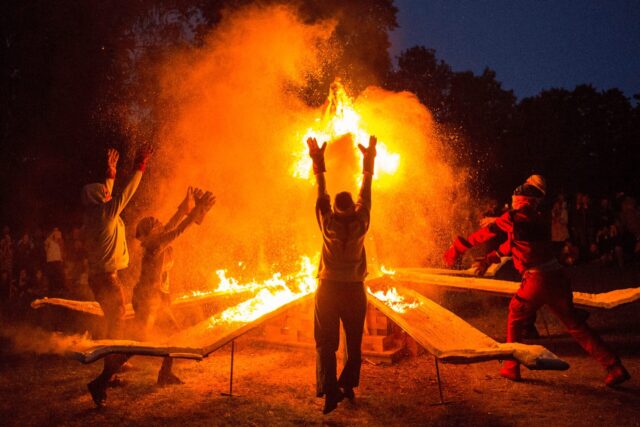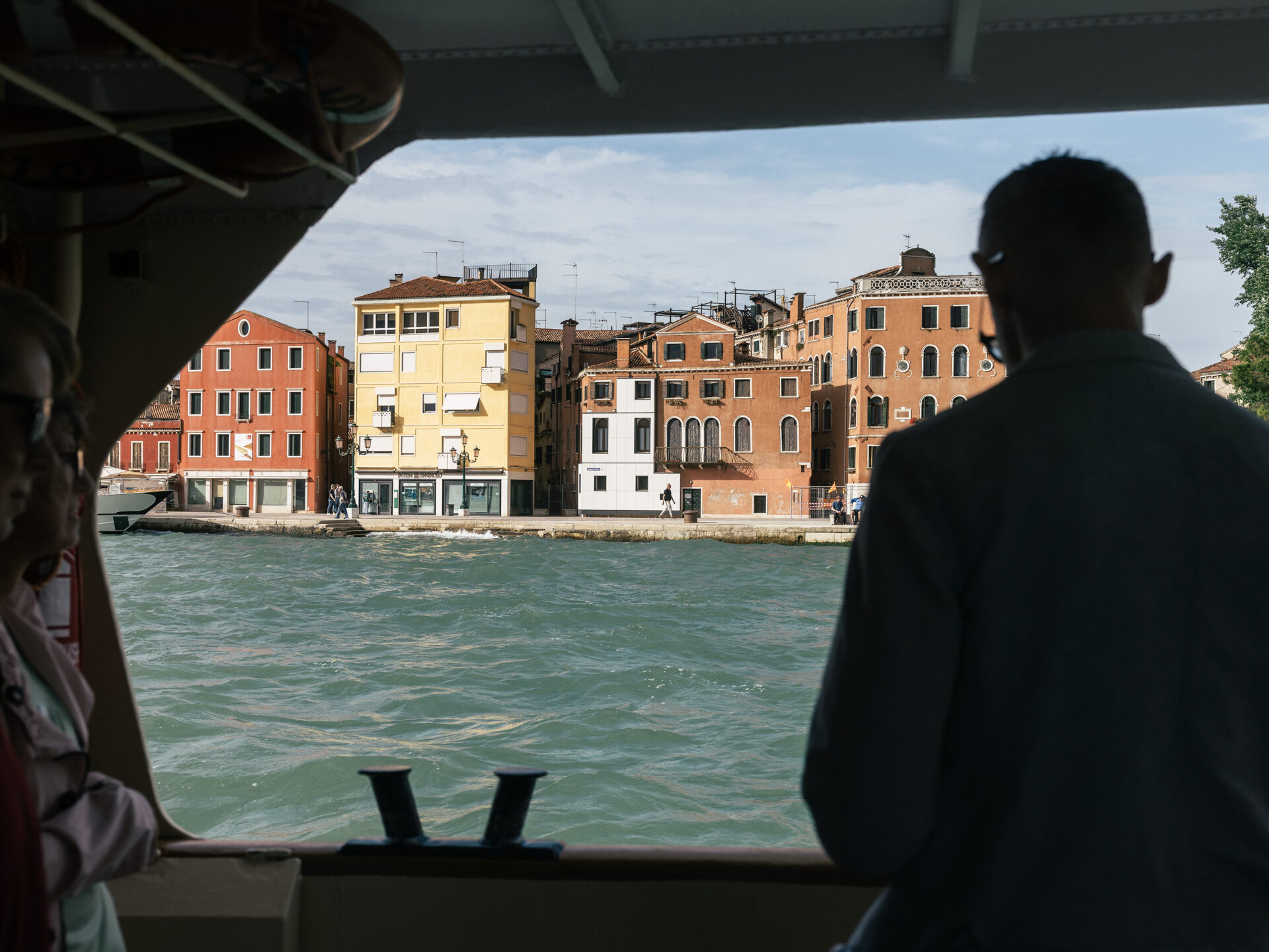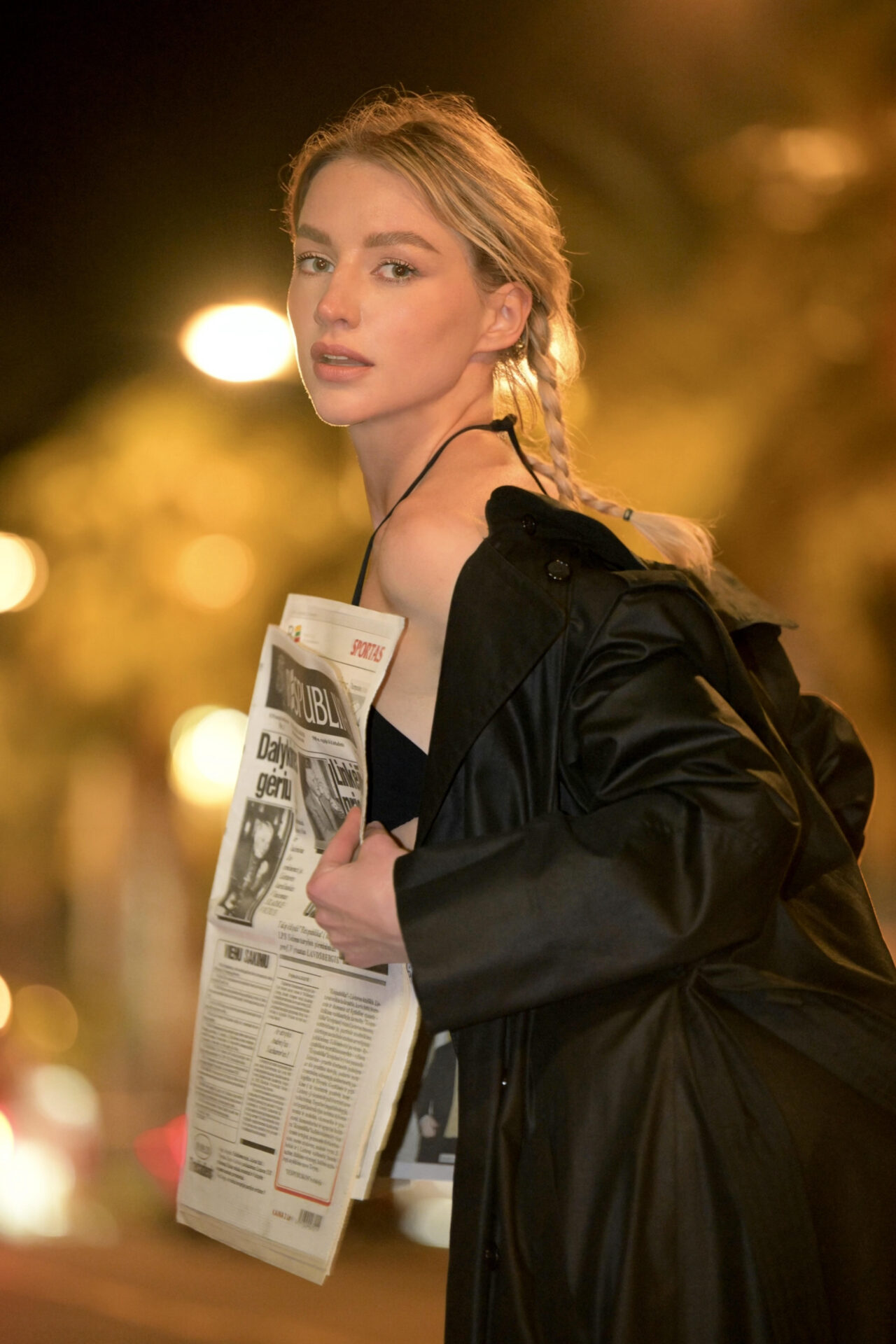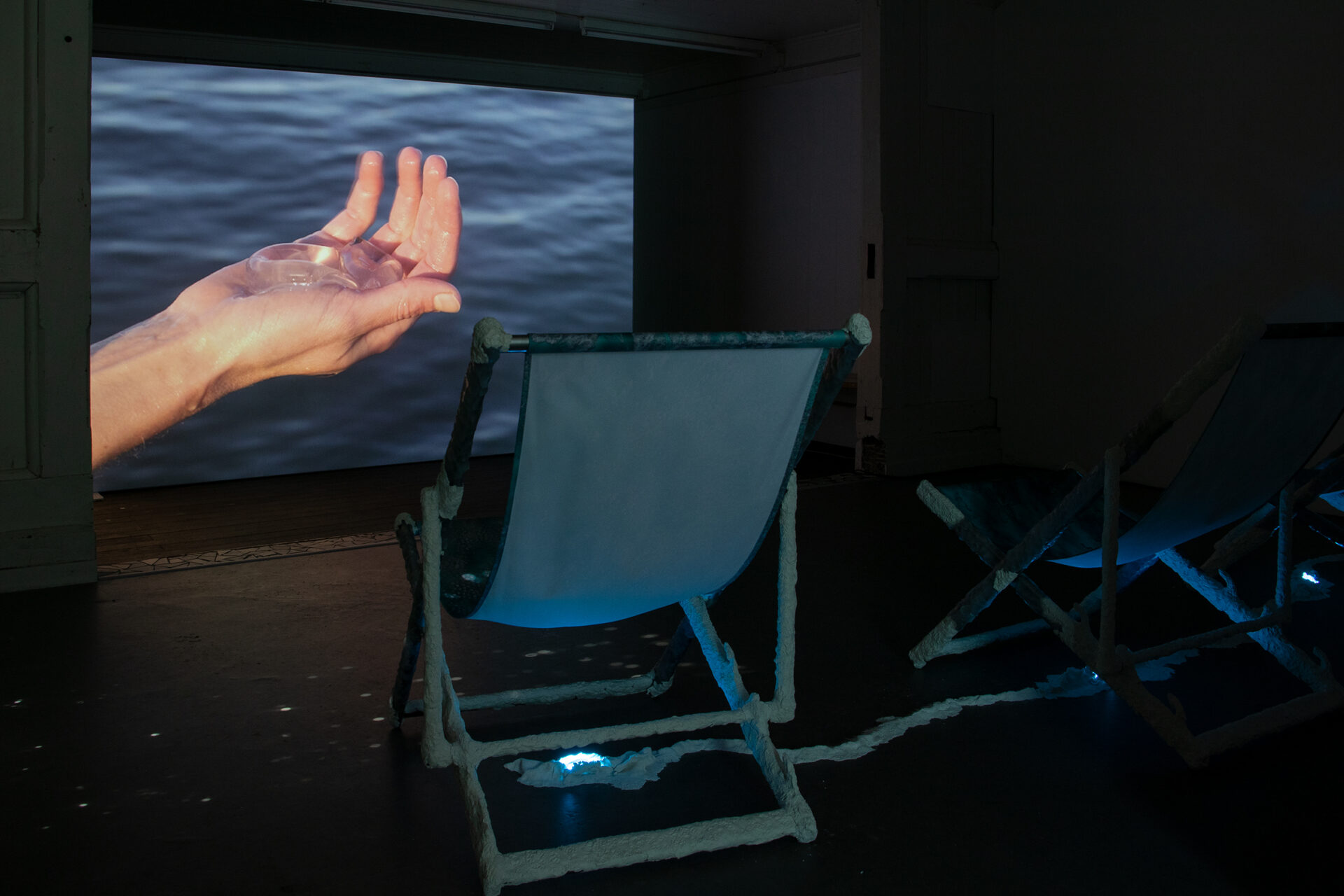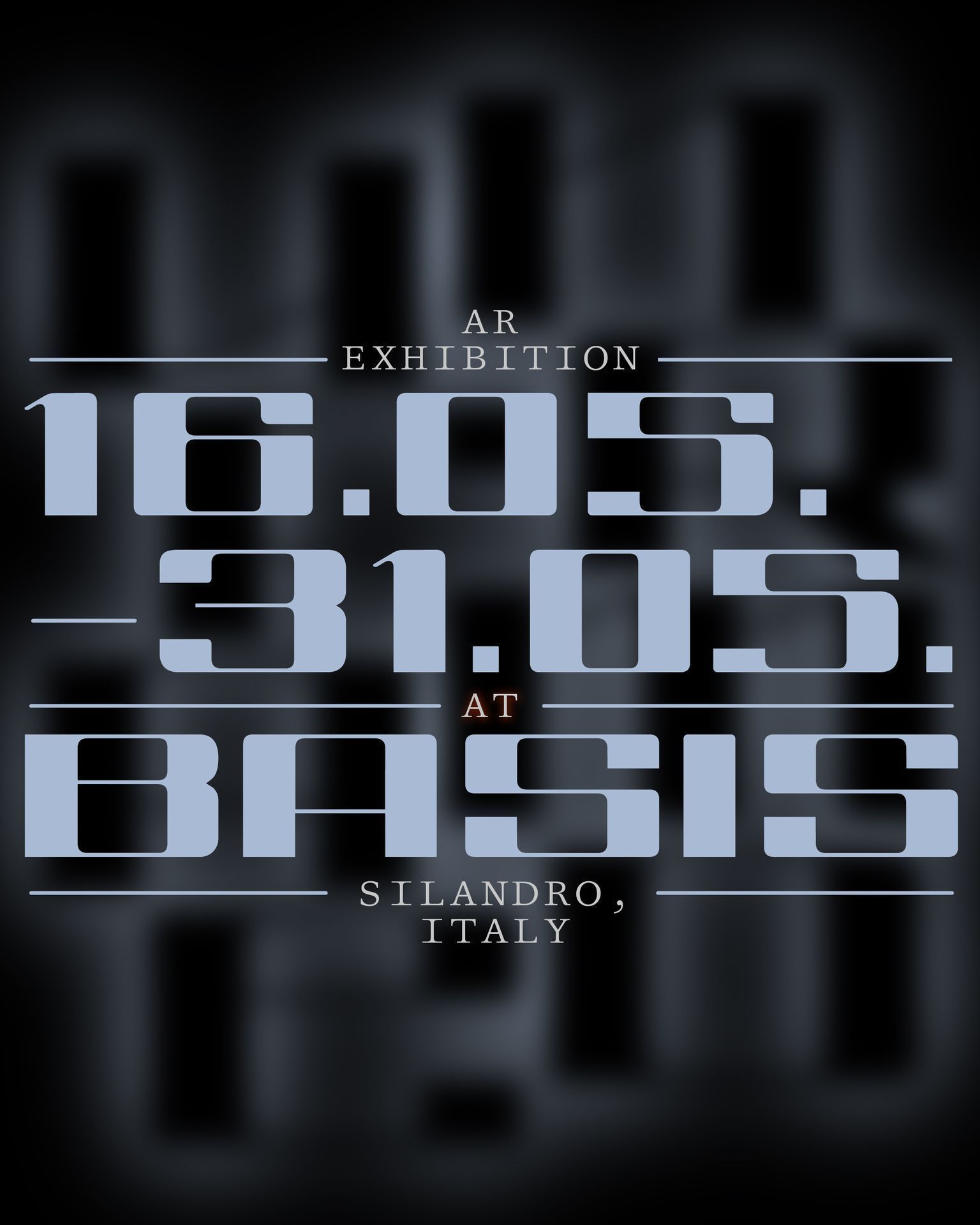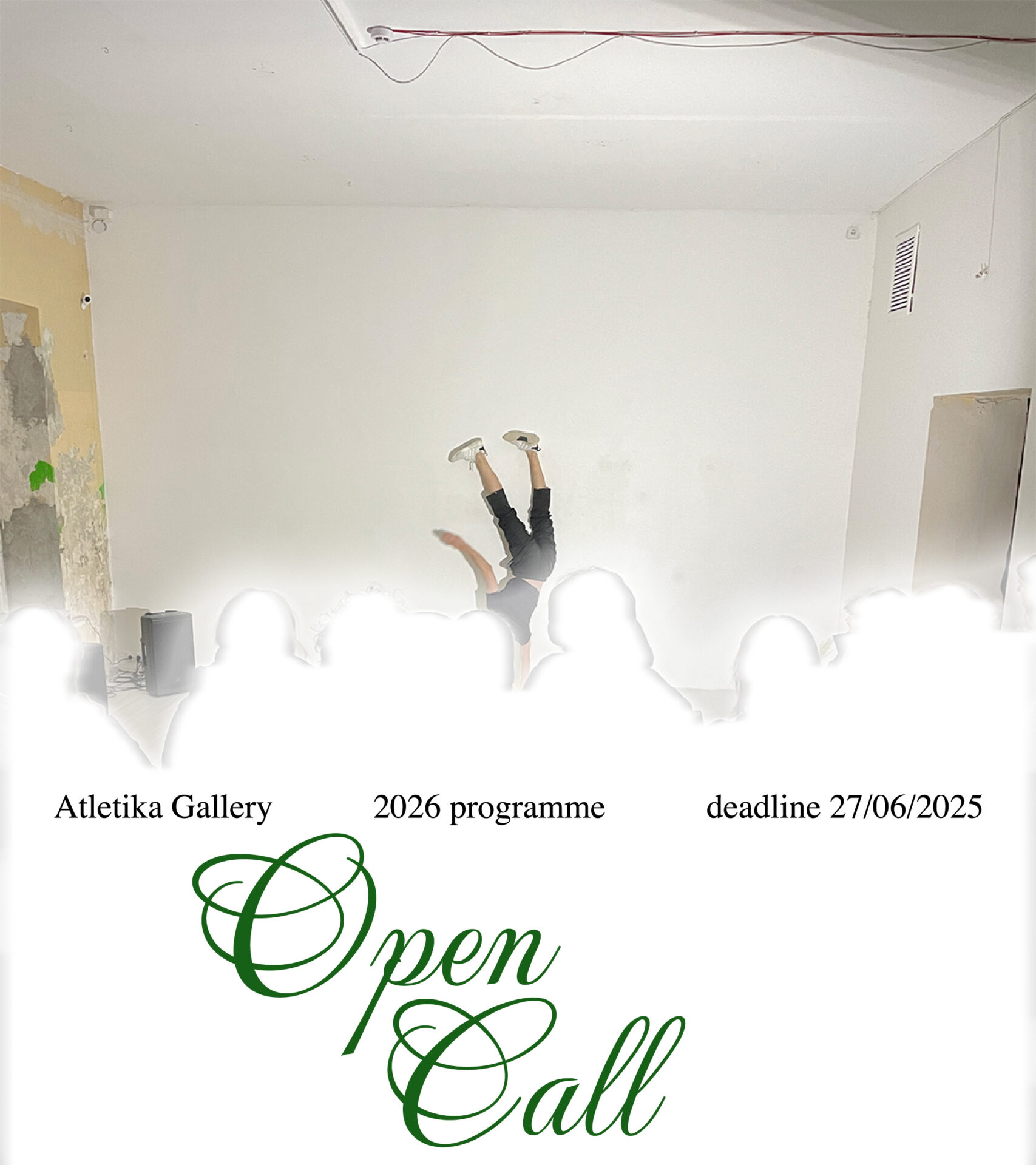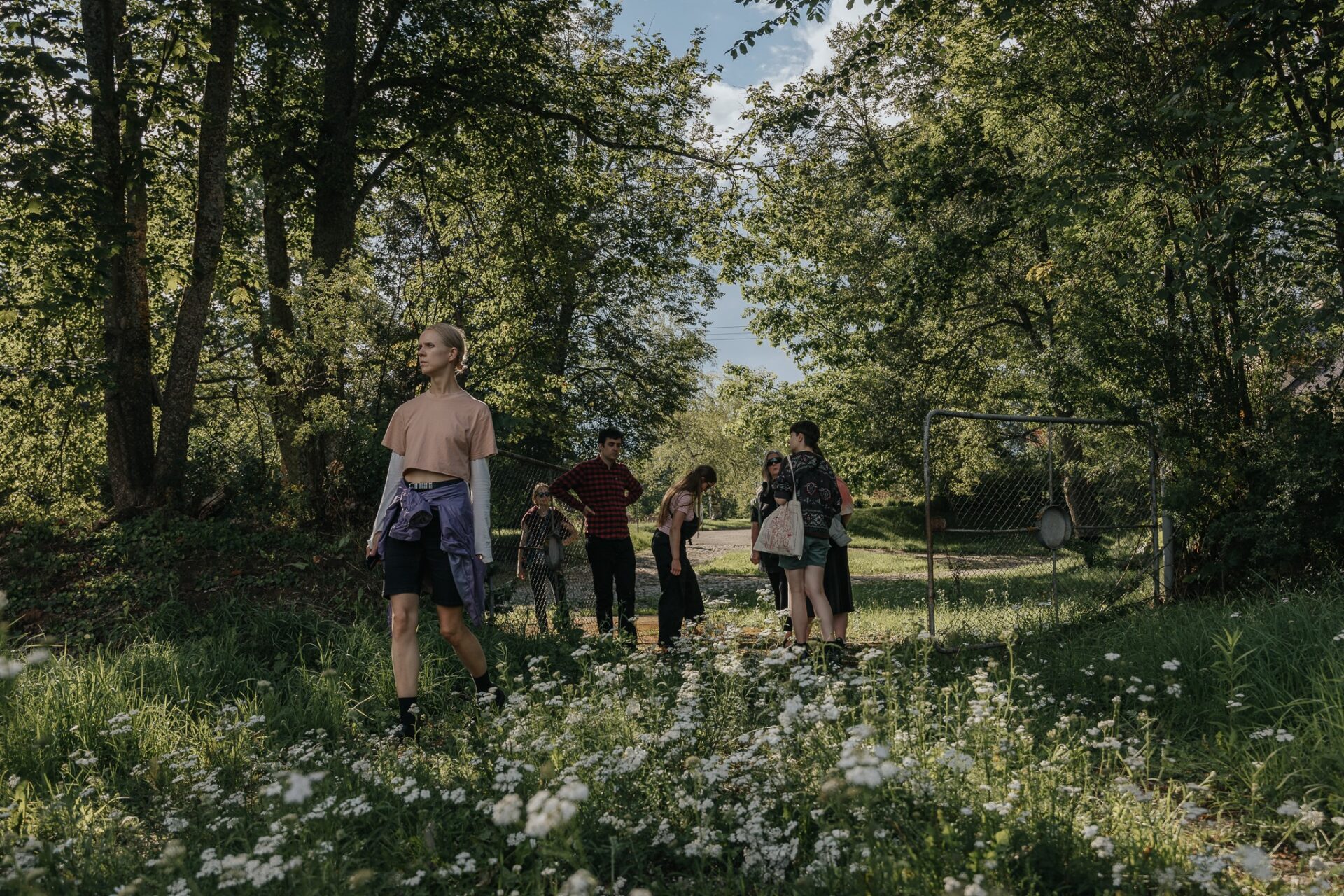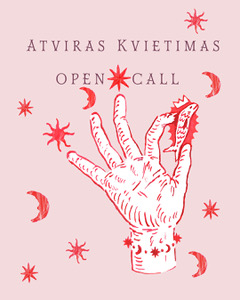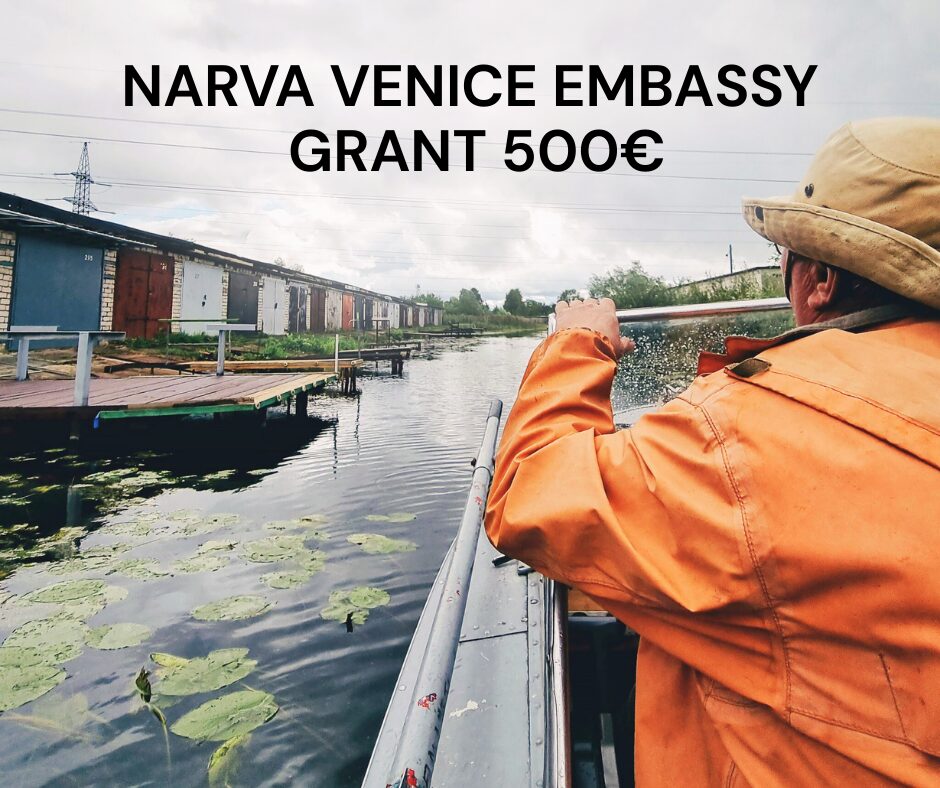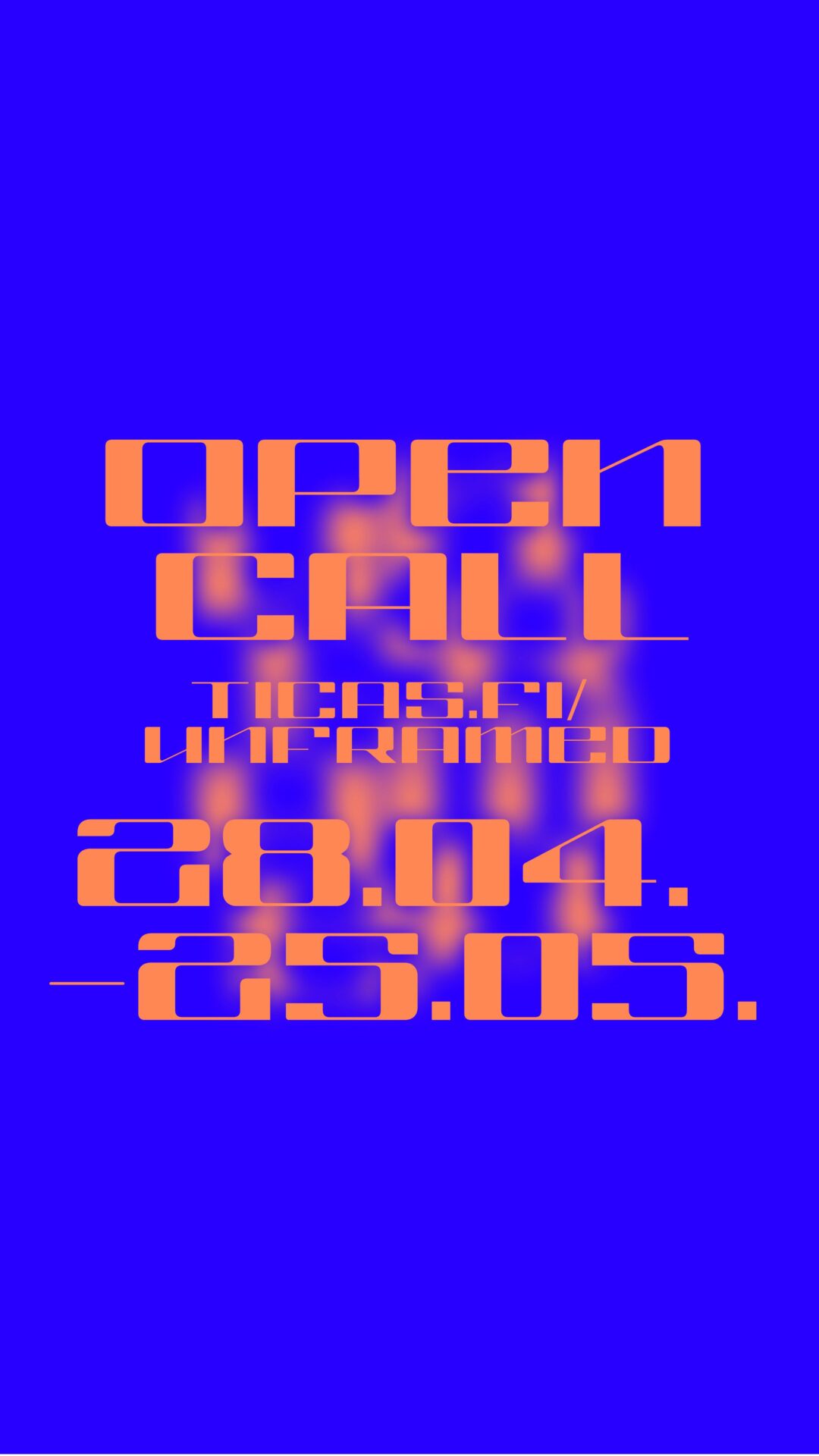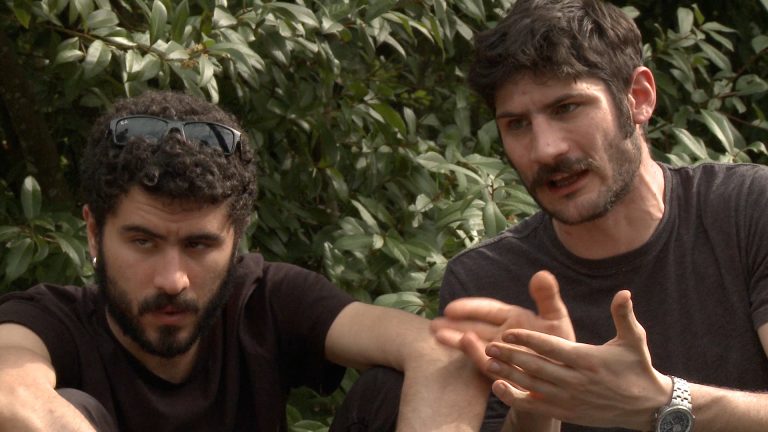
Yan Xing, still from Across the River and into the Trees (2016)
Rupert is pleased to invite all to The Difficulty of Saying I, a showcase of films by current Rupert residents, artists Abri de Swardt and Yan Xing. Rupert will be screening two selected works by the artists: Ridder Thirst (2015-2018) by Abri de Swardt and Across the River and into the Trees (2016) by Yan Xing. The showcase will take place from the 10th of May until 14th of May at Rupert (Pakrantė, Vaidilutės str. 79) at selected screening times listed below and by appointment. The showcase is part of the Rupert residency programme, video works will be screened in English or with English subtitles. Total runtime: 39 minutes. Entrance is free and open to public.
SCREENING TIMES:
May 10th hourly from 10am to 5pm
May 11th hourly from 10am to 4pm
May 14th hourly from 10am to 5pm
For screenings by appointment, please contact us: info@rupert.lt or +370 6 8254930
The Difficulty of Saying I looks at how artists Abri de Swardt and Yan Xing employ narrative, fiction and malleability of the supposedly factual, neutral or natural through their video work to re-tell, or in Abri de Swardt’s words ‘unwrite’, stories that have previously been told and seen in literature and historiography. For Yan Xing, his film documents a performance retelling Boccaccio’s The Decameron & Pasolini’s film adaptation of the story, while Abri de Swardt reworks the German-Namibian photographer Alice Mertens’ ethnographic photo-books from 1960s and 70s. Both artists deploy diverging, distinct techniques that twist and complicate images in order to create fictive spaces truer than fact.
In Ridder Thirst the impartial and composed figure of the narrator and his tale of how the Shadow Prince and his Battalion of Shades ‘rolls up’ and ‘buries’ the First River, becomes more and more brutalised as the video progresses. This searing, exhaustive articulation – deemed by De Swardt as a ‘sunstroke of voice’ – is punctuated by motion-tracked collaged inserts, and eventually taken over by a flutist, a brown pied-piper figure looking down on the town and river softly playing ‘Roxanne’ by The Police. Abri de Swardt’s ‘wet’ approach to the complexity of South Africa’s political and sexual history amidst the continued actions of Fallism (the collective term for several social movements, such as #RhodesMustFall, #FeesMustFall and #OpenStellenbosch initiated at tertiary institutions in 2015), disrupts the canons of documentary photography and essay film which portray history through ‘straight’ teleological time – always progressing, converging into truth.
Yan Xing’s work, on first glance, lends itself to be looked at as a candid documentation of a heated argument that 7 male Italian students had while unsuccessfully trying to collectively rework Pasolini’s film interpretation of The Decameron. With no markings of post-factum editing apparent, Yan Xing habitually makes himself invisible as the director and narrator. In fact, this is a fiction and carefully set-up performance piece that melts layers upon layers of psychological drama, sexual tension, fluidity of personal identity and political incongruities to be found not only in Boccaccio’s and Pasolini’s The Decameron or Hemingway’s Across The River and Into The Trees but also in the performers’ own stories.
Riverbanks appear in both works as sites for collective activity and meaning-making (or story-telling), with both Yan Xing and Abri de Swardt enlisting art students as characters, displacing the procedures of the studio, and the university at large, elsewhere.

